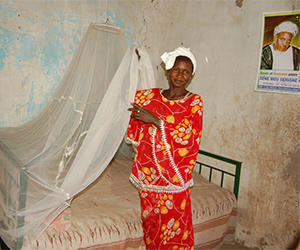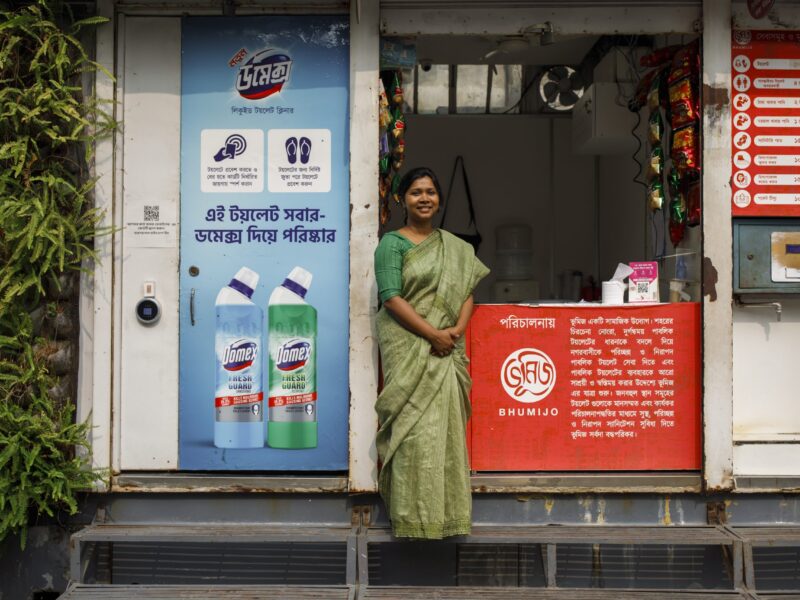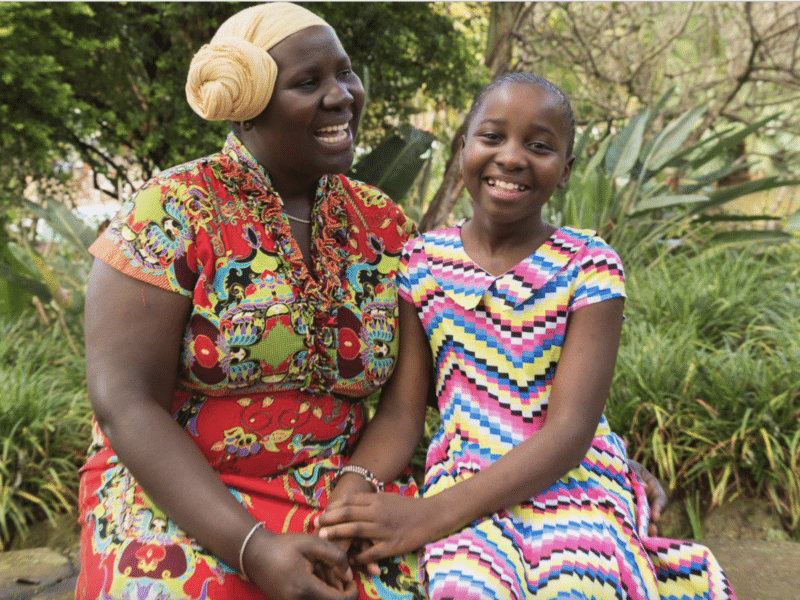UN Secretary-General Ban Ki-Moon’s challenge to the world in 2008 to achieve universal coverage with malaria prevention by the end of 2010 was both a bold call and a serious technical challenge. Since that time, the global malaria community has responded in an unprecedented effort – procuring nearly 300 million long-lasting insecticidal nets (LLINs) in a three-year period – enough to meet the challenge.
As we top this summit, the malaria community has reason to cheer, and to feel proud of what has been collectively accomplished. However, we need only to look around us to realize that this is a minor peak on a much larger mountain, and the goal of sustaining protection against malaria infection over the long term remains on the horizon before us, with some serious uphill climbing yet to be done.
What are the next steps to push us into the next phase of malaria control – Sustained Control – across the many varied countries in which malaria remains a major public health problem? And how is CCP contributing to this effort?
- Keeping the LLINs flowing to maintain high ownership
- Ensuring the nets are put to effective use within households
- Integrating prevention and treatment to build comprehensive, effective malaria control programs
- Strengthening political will to continue the significant investments that are needed
- Strengthening monitoring and surveillance to more efficiently and effectively target control measures into the future
Research shows that implementing mass distribution campaigns every few years is not an efficient way of maintaining universal coverage due to the loss of nets in between campaigns through wear and tear. CCP’s NetWorks project is working closely with key partners in the Roll Back Malaria Vector Control Working Group to build stronger commitment to policies that would ensure all households have continuous access to LLINs, so that when they need a new net, they can get one at a reasonable cost, at a convenient location, and within a short time frame. Currently NetWorks is working with National Malaria Control Programs in Senegal, Nigeria and Southern Sudan to design context-specific continuous distribution systems to meet this critical need.
LLINs are known to be very effective in preventing malaria, but they only work if people use them consistently. CCP’s COMMIT project in Tanzania is pioneering new messaging and evaluation of behavior change communication activities in order to increase the effective use of LLINs in Tanzania. CCP programs in Uganda, Liberia, Nigeria, Mali and Senegal are also actively putting CCP’s rigorous approach to BCC to work to ensure that donor investments translate to direct impact against the disease.
Success in the past few years has been focused on increasing access to LLINs to prevent malaria infection. However, great strides are also being made in increasing prompt and effective treatment of malaria. Improved supply chain management and provider training combined with communication to increase effective household treatment behaviors is a critical part of integrating prevention and cure to reduce transmission of malaria. CCP’s COMMIT and Stop Malaria projects in Tanzania and Uganda are again leaders in exploring effective means of ensuring that children with fever are taken rapidly to facilities where they can be tested for malaria and given appropriate treatment. In the past few years, the introduction of cheap and effective rapid diagnostic tests for malaria parasites has revolutionized how children with fever are managed at health facilities, and the communication messaging needed to adapt behaviors by both providers and consumers needs to keep pace.
Probably the single most important lesson learned from the failure of the global Malaria Eradication Program of the 1950’s and ‘60’s was that when funding dries up and political commitment is lost, malaria comes roaring back and the death toll rises even higher. CCP’s Voices for a Malaria-free Future project, funded by the Bill & Melinda Gates Foundation since 2006, has been working at the global, US and endemic African country levels to establish advocacy capacity to increase and sustain the resources available for malaria control at each level. Voices was a major partner in the recent United Against Malaria campaign linked to the World Cup soccer matches held in South Africa, and is actively working to bring new, effective advocates into the malaria control fight at country level.
Finally, in order to sustain malaria control over the long term towards the eventual goal of elimination, national programs will have to build stronger monitoring and surveillance systems in order to track precisely where malaria transmission continues, and use that data to deploy effective responses quickly to prevent resurging epidemics. CCP is collaborating with partners to explore how communication can support this increasingly important role, and how that data can be turned into effective information for both sustained control and advocacy to support continued investment.
We have made great strides in the last several years, increasing investments and scaling up proven interventions. CCP looks forward to the challenges ahead, and ensuring that communication plays its full role in effective behavior change, policy and advocacy for sustained malaria control.





